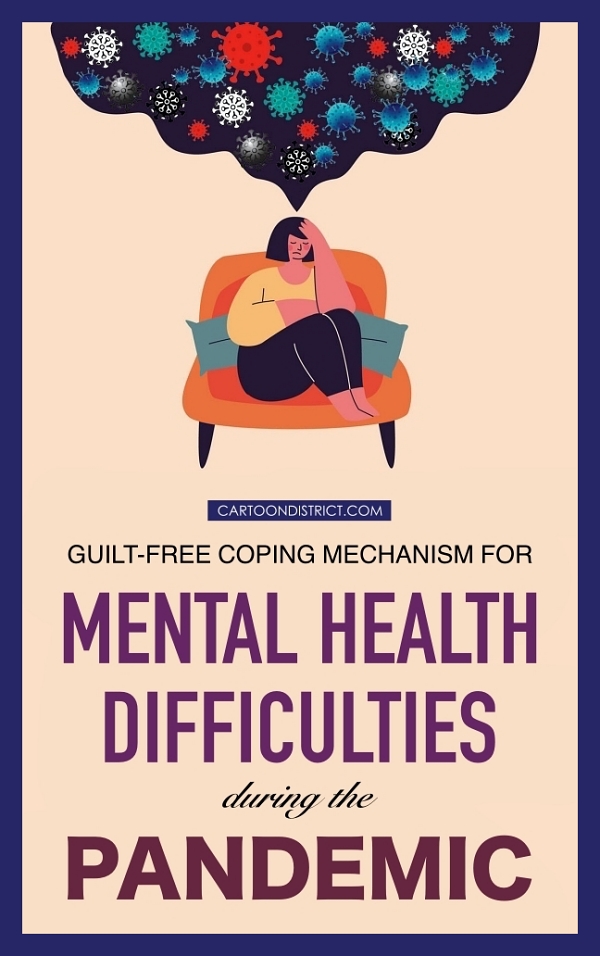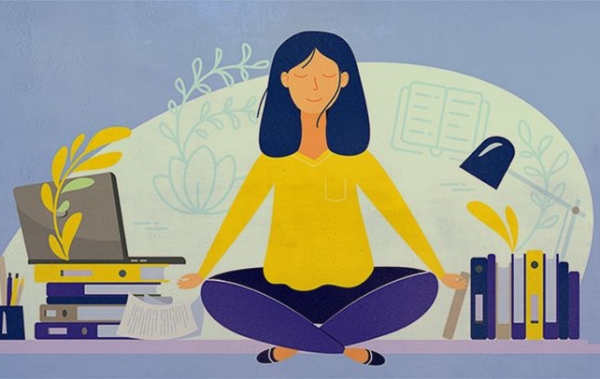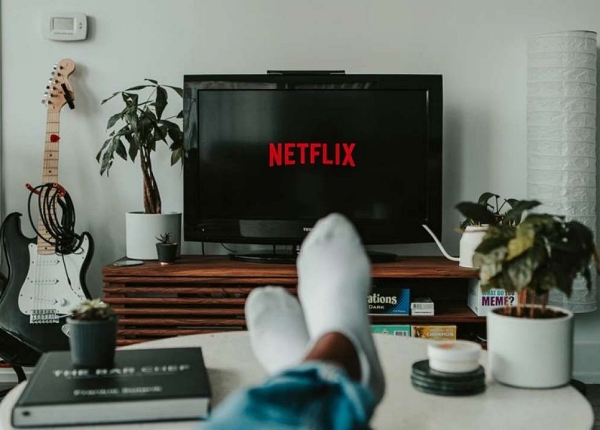The idea that “someone has it worse than you” is not only a toxic positivity statement but also something that can negatively affect your mental health. Especially during the COVID-19 pandemic and quarantine, it can feel like talking about your mental health and personal challenges can feel minute in comparison. However, it’s an unhealthy practice to measure your struggles against someone else’s. Here are a few suggestions to help you cope with stress and mental health conditions during the pandemic.

Identify Your Stressors and Challenges
First, if you’re not already familiar with what’s causing your stress, take the time to have a serious one-on-one with yourself. If lock-down, isolation, and fear of current events are causing you to put your personal challenges aside, remove those boundaries. Those struggles are just as important and a topic you should acknowledge. However, they shouldn’t overshadow your other problems that need to be treated.

Whether you’re struggling with depression, anxiety, or other symptoms of mental health concerns, write down or log your feelings and emotional response to situations. Occasionally, a specific event can bring up underlying problems that we’ve been ignoring for years. In this sense, the pandemic may be exposing you to triggers and symptoms you haven’t had the opportunity to confront.
Talk With a Mental Health Professional
After you’ve recognized patterns or common struggles that could lead to an increased risk of stress and anxiety, turn to a professional. With the pandemic keeping many people stuck at home, it’s crucial to find someone that can connect based on your schedule and needs. Your counselor should be an honest and accepting person that allows you to start off with your concerns about the pandemic while you slowly build the trust and confidence needed to bring up deeper challenges.

With online mental health resources like BetterHelp, you have the opportunity to discuss these difficulties with an experienced professional. Recent advancements in technology, availability, and affordability have provided millions of people with greater access to counselors they can feel comfortable opening up to.
Schedule Time for Reflection
Don’t just take time out of your day to practice mindfulness; instead, schedule a block of time almost every day to reflect on your thoughts and emotions. This can be journaling right before bed, using your lunch break to sit alone and relax, or taking a morning walk to think back on the week. By setting aside a dedicated time to regularly process your day, you put a requirement on yourself to follow through with the plan.

Now, schedules shift and plans change. This is another benefit of scheduling your reflection. If you tell yourself you’ll eventually make time, you may easily prioritize other activities and needs; however, if you’re expecting to take 15 minutes after 5 pm to write or express your thoughts, you’ve created an expectation that needs to be met even if it needs to be pushed back or rescheduled.
Stay In Touch, But Remember to Disconnect
It’s been a common and constant reminder to stay connected with your loved ones through phone calls, video conferences, letter initiatives, and more. But it’s also important to remember when you need to connect. While your phone and computer are two essential items nowadays to connect with everyone, it’s also become a minefield of distressing imagery and bad news. Unfortunately, the device that brings us closer can also make us feel so much further from a solution.

Instead, find alternatives to connecting with people. Resolve to be off your electronics by a certain time in the evening to reduce your anxiety before bed. Find online activities to do that can help you avoid your browser and social media feed. Playing online video games, starting a watch party, and having regular mental health checkups are great ways to keep everyone together while finding time to avoid your newsfeed. The main goal of these coping mechanisms is to reduce the increased risk of anxiety and depression the pandemic has had on many people. Fill your time with positive, encouraging activities that keep you close to a strong support system.
